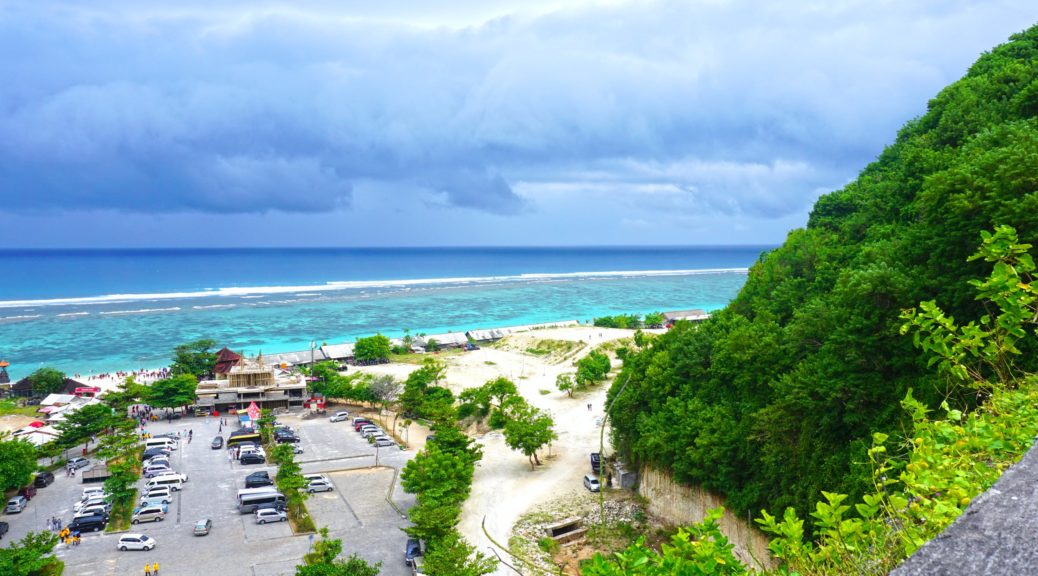By Stephen Kim
“Home.”
This simple word has always been tough for me to understand. For the first 12 years of my life, “home” was right here in Southern California. I was born here in Los Angeles in a Korean-American household and grew up in a small suburban city for most of my childhood. Then everything changed in 2006 when our family decided to move to Indonesia, a distant country halfway around the world. In leaving America, I was leaving my “home,” my friends, my extended family, American culture, American food, and an American lifestyle.
By this time I was just about to start seventh grade in a completely new surrounding. I was completely unaware of the language, culture, geography, and lifestyle of this new environment. But in almost no time at all, I quickly adjusted to my new life in Indonesia. Our international school required us to take Indonesian language classes and after two years of language courses, I could say that I was comfortable speaking the language and could get around the city and partake in everyday conversational dialogue. I also met some amazing people there who would become some of my closest friends. Interestingly enough, I wasn’t a big fan of the food at first, but a few years into it, I learned to love it. We also got to know our local neighbors who taught us Indonesian manners and way of life. In no time at all, Indonesia had become my “home” away from “home.”
In 2012, I graduated from my international school and came back to the States for college. After finally feeling like Indonesia had become my home, I had to leave. I had to leave all my best friends, the food that I had begun to love, and the slow-paced lifestyle that living in Indonesia had to offer. I got on the plane and a couple days later landed at LAX. I was finally “home” again. But it felt so unfamiliar, like I was in a new place. It didn’t feel like the same place I grew up in for the first 12 years of my life. Trying to re-adjust, I realized that my old friends all changed. The trends were all different. Everything about the life I remembered was vastly different. Just when I could comfortably call Indonesia “home,” I had to come back to America, to a place where my original “home” didn’t feel like it.
And this is what I like to call “reverse” culture shock. It was culture shock in the sense that it was this feeling of disorientation that I experienced when I was suddenly subjected to an unfamiliar culture or way of life. It was “reverse” in the sense that “home” didn’t feel like “home” again. It should have been a place of security, familiarity, and comfort, but I felt confused and lost. The hardest part of it all was that no one could relate to the things I was feeling. It was hard to find people who could empathize with me.
After much reflection, a revelation hit me. Rather than always asking, “Where is home?” a more appropriate question is “How can I feel at home?” or “How can I make this place my home?” If home indeed is where the heart is, then how can I put my heart into the situation I’m in now? How can I devote my time learning its way of life and its culture? How can I invest my life into the relationships I have here? As Maya Angelou so eloquently puts it, “I long, as every human being, to be at home wherever I find myself.”
Featured image by Heni Tanseri on Pexels
Graduated from USC and was a one-on-one conversation partner while he was a student.

